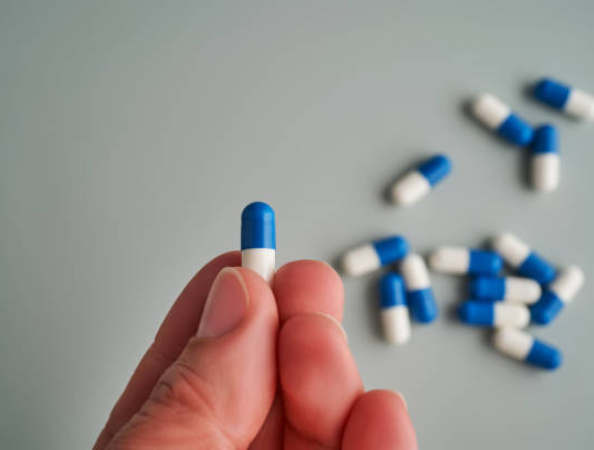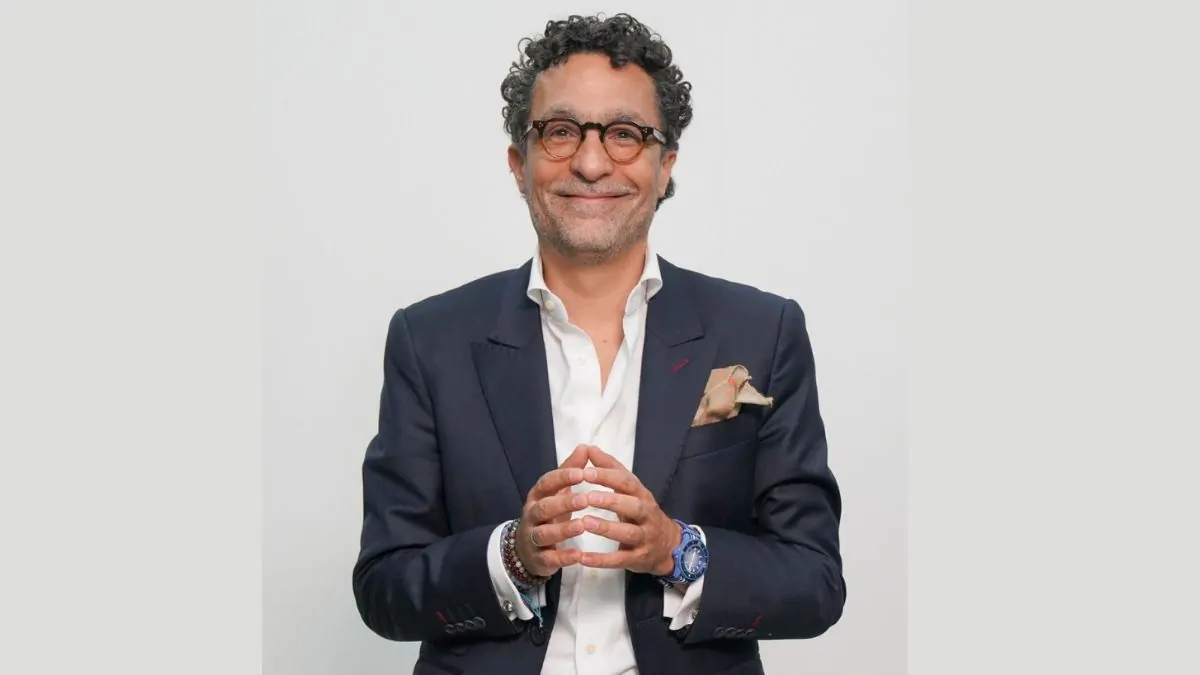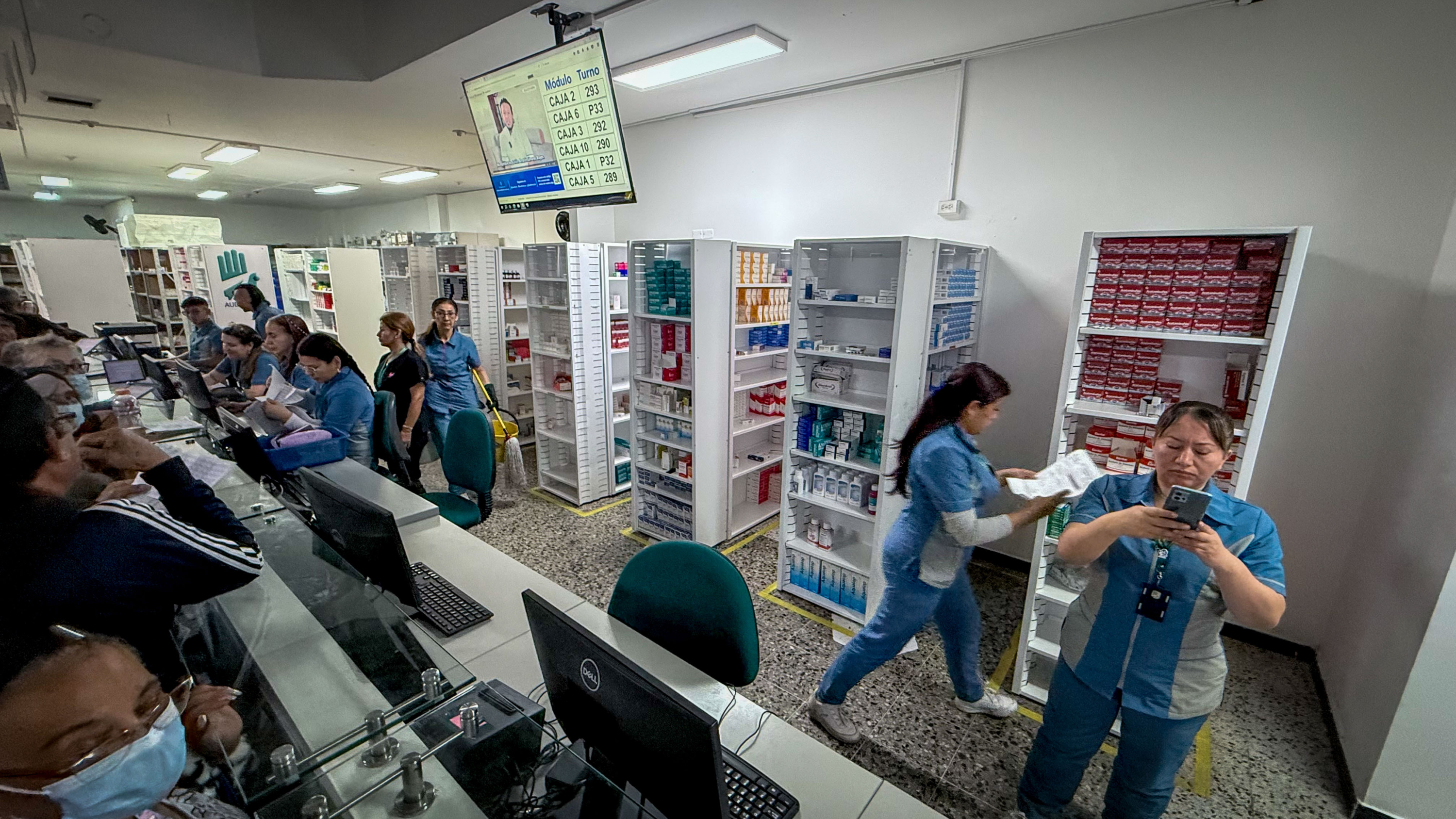Petro proposes a new referendum with a question on medications, but experts question its usefulness.

Following the shelving of the referendum proposal in the Senate, President Gustavo Petro announced via social media that he will present a new initiative. This time, it would include a question related to the Colombian healthcare system.
"With a new challenge: to lower the price of medicines in the country and allow the State to purchase and produce essential medicines and those intended to treat the main illnesses that people suffer from," the president wrote this week.
However, health sector experts consider this proposal unnecessary, as the National Government already has the power to regulate drug prices.
Alejandro Gaviria, former Minister of Health (2013–2018) and responsible for four rounds of price regulation during his administration, described the proposal as “nonsensical from a regulatory perspective.”

Experts say a legal framework already exists that allows the government to regulate prices. Photo: iStock
“There is already a legal framework that allows the government to regulate prices and produce medicines without the need for a referendum or a new law. The real problem is that the distribution of medicines has become the most tragic symptom of the collapse of the health system. Instead of promoting a referendum, the government should act, because the tools already exist,” Gaviria stated in an interview with EL TIEMPO.
For the former minister, this is a political strategy rather than a technical necessity.
"The proposal seems more like an attempt to demonstrate action than an effective solution, and ultimately reveals government inaction. The Ministry of Health has had a significant gap in pharmaceutical policy in recent years," he emphasized.
Augusto Galán Sarmiento, also a former Minister of Health and current director of the Así Vamos en Salud Think Tank, agreed with Gaviria.
"The president doesn't need a consultation to regulate or lower drug prices . That's a power the Ministry of Health already has," he told this newspaper.
Both experts agree that, while all Colombians want cheaper medicines, rigorous technical criteria must be applied to achieve this.
“Regulation must be methodical. It can't be set at an arbitrary value. If it's lowered too much, there could be shortages. That's why it's important to use tools like international benchmarking and market concentration analysis. Regulation makes more sense when there are monopolies or high concentrations,” Gaviria explained.
The former minister added that this type of regulation is already contemplated in the law: “The Herfindahl-Hirschman index is used to determine whether a drug is regulated. If so, its price in Colombia is compared with that of reference countries. A circular is then issued, the industry is consulted, and an administrative act is published. The Superintendency of Industry and Commerce monitors compliance.”
Galán added that mechanisms such as centralized purchasing also exist: "The government can directly purchase medicines and distribute them through providers to guarantee access. It can also encourage the use of generics, provided their quality is guaranteed , which fosters competition and reduces prices."
Gaviria recalled that between 2013 and 2018, four rounds of price controls were carried out, involving thousands of active ingredients: “We estimate savings of between 2 and 3 trillion pesos for the system. Although there was an increase in the volume prescribed, it also translated into greater access for patients. Some medications decreased by between 80 and 90% . On average, the reduction was more than 40%. This included everything from institutional medications to contraceptives and antihypertensives, which directly impact citizens' out-of-pocket spending.”
For his part, Galán noted that the main current challenge lies in innovative or brand-name drugs, protected by patents. “Setting very low prices can discourage innovation, which has high costs. In Colombia, we don't fund this research, so we act like free riders. If we scare away innovative companies, we harm ourselves in the long term. Regulation must seek a balance.”
In conversation with EL TIEMPO, Ignacio Gaitán, director of the Association of Research Pharmaceutical Laboratories (AFIDRO), expressed a similar position.
"We believe that issues such as pricing, centralized purchasing, and domestic production of medicines are fundamental. But they shouldn't be resolved through a yes-or-no question in a referendum. They require a technical approach and expert support."

Ignacio Gaitán Villegas, president of Afidro. Photo: Afidro
In his recent posts on the social media platform X, President Petro once again referred to the hoarding of medicines, an issue that had already caused controversy in March, when the Health Superintendency conducted an audit of an Audifarma warehouse located on the outskirts of Bogotá . Eight medicines classified as "pending" were found there.

Audifarma medication dispenser. Photo: Mauricio Moreno
"There are strikes carried out by employers, like the one in the medicine sector, like the one in the gas sector, where hoarding is proven. These are criminal and must begin to be prosecuted," the president wrote on May 15.
In response, Fenalco—which represents the union and acts as a spokesperson for Audifarma—questioned the president's statements. "The statements Gustavo Petro made recently, in which he asserted that pharmaceutical managers are hoarders, and the raid he subsequently ordered, confirm his ignorance of how the health system works," said Jaime Alberto Cabal, president of the union, in a March statement.
On this point, Augusto Galán stated: "Another message mentions hoarding, but there are no real complaints about it. If you consult Invima (National Institute of Pharmaceuticals), you can see that there is continuous monitoring of shortages. Some cases are due to normal market dynamics, such as when one drug is leaving the market and another is entering the market."
According to the Invima (National Institute of Health) shortage report for March, only four medications were reported as being in short supply and one as being at risk. For a true national shortage to be considered, there must be a shortage of more than 100 medications.
As the political debate on the new consultation proposal continues, experts agree that the path is not legal, but technical: updating and rigorously implementing the price regulation policy, especially given the constant entry of new molecules into the Colombian market.
Camilo Peña Castaneda - Editor of Today's Life
eltiempo

%3Aformat(jpg)%3Aquality(99)%3Awatermark(f.elconfidencial.com%2Ffile%2Fbae%2Feea%2Ffde%2Fbaeeeafde1b3229287b0c008f7602058.png%2C0%2C275%2C1)%2Ff.elconfidencial.com%2Foriginal%2Ff51%2F8e2%2Fbe3%2Ff518e2be304774032b57c91afb23f694.jpg&w=3840&q=100)
%3Aformat(jpg)%3Aquality(99)%3Awatermark(f.elconfidencial.com%2Ffile%2Fbae%2Feea%2Ffde%2Fbaeeeafde1b3229287b0c008f7602058.png%2C0%2C275%2C1)%2Ff.elconfidencial.com%2Foriginal%2F2f1%2F687%2Ff35%2F2f1687f356fb7084997185351ff5d291.jpg&w=3840&q=100)
%3Aformat(jpg)%3Aquality(99)%3Awatermark(f.elconfidencial.com%2Ffile%2Fbae%2Feea%2Ffde%2Fbaeeeafde1b3229287b0c008f7602058.png%2C0%2C275%2C1)%2Ff.elconfidencial.com%2Foriginal%2Fbba%2Fe07%2F831%2Fbbae07831ff083c3801dc161dca8b725.jpg&w=3840&q=100)
